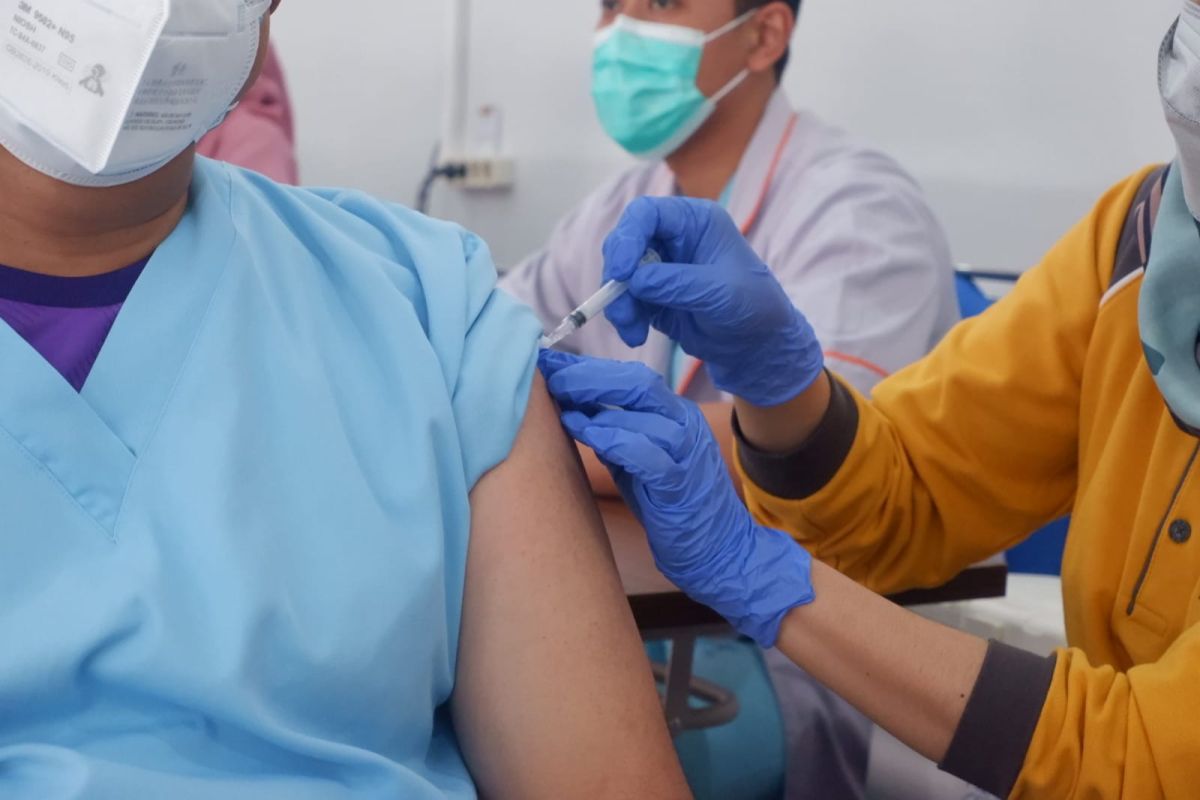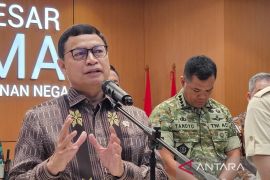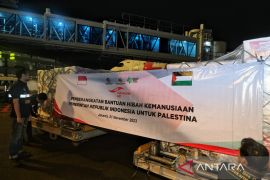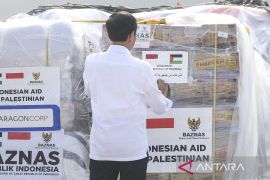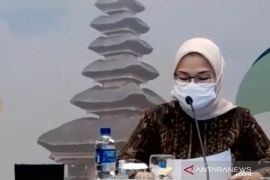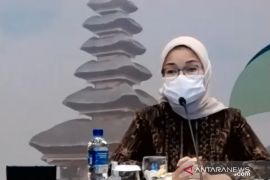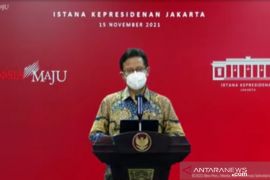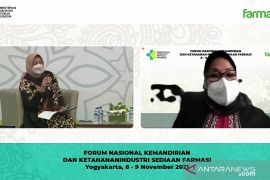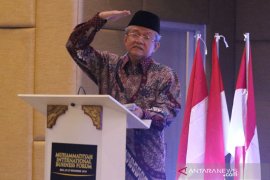According to data received from the COVID-19 Task Force in Jakarta, the number of residents who have received the third dose increased by 33,831 on Monday, bringing the total to 68,571,382.
Overall, 29.23 percent of the 234,666,020 targeted recipients have been vaccinated with the third dose so far.
Meanwhile, the number of recipients of the second dose of the COVID-19 vaccine increased by 12,376 to 174,784,256, or 74.48 percent of the total target.
The number of first dose recipients increased by 8,410 to 204,034,974, or 86.92 percent of the total target.
The number of recipients of the fourth dose, which is currently still reserved for health workers and the elderly, increased by 3,101 to 1,173,063.
Meanwhile, Minister of Health Budi Gunadi Sadikin said that vaccinations will need to continue to be increased in 2023.
Vaccination is the responsibility of the community for protecting themselves and those around them from the risk of COVID-19 transmission as the government intervention in the form of the public activity restrictions (PPKM) policy has been revoked.
"The use of masks is recommended for narrow closed spaces and crowded situations. We return it to the community, if you feel healthy in the open air, you may not wear a mask,” the minister said.
According to Sadikin, the government is responding to the pandemic-to-endemic transition by reducing public health interventions, but the public needs to increase awareness by measuring their health themselves.
"President Joko Widodo is encouraging community participation,” the minister said.
COVID-19 vaccinations must continue despite the revocation of the PPKM policy on December 30, 2022, Coordinating Minister for Maritime Affairs and Investment Luhut Binsar Pandjaitan said earlier.
The Java-Bali PPKM coordinator assured of the availability of medicines and vitamins during the pandemic-to-endemic transition.
"Vaccination must continue to run in line with the provision of medicines and vitamins at health facilities during the transition period. In addition, the availability of oxygen must also be maintained," he said.
The public health emergency and national disaster status still apply for COVID-19 considering the global situation, Pandjaitan added.
The government has also formulated a strategy to prevent a spike in cases if a new variant emerges later.
Currently, there are 17 whole genome sequencing (WGS) laboratory networks that can gather information to handle such variants.
The government will also measure community resilience every six months and prepare a booklet to assist people in taking action if there are new cases, he informed.
He said that the decision to revoke PPKM was taken after considering the controlled COVID-19 situation, a high level of community immunity (95.8 percent), better health capacity readiness, and fast economic recovery.
The success in controlling the COVID-19 pandemic was also the result of the integration of policies by various elements, starting from the central government, local governments, the Indonesian Defense Forces (TNI), National Police (Polri), health workers, academics, and the community based on data-based work, science, and the use of technology, he added.
"This success must be applied in other development policies," he emphasized.
Related news: Soekarno-Hatta Airport maintains health protocols despite PPKM end
Related news: COVID-19 testing no longer mandatory: Minister Sadikin
Translator: Andi F, Azis Kurmala
Editor: Rahmad Nasution
Copyright © ANTARA 2023
